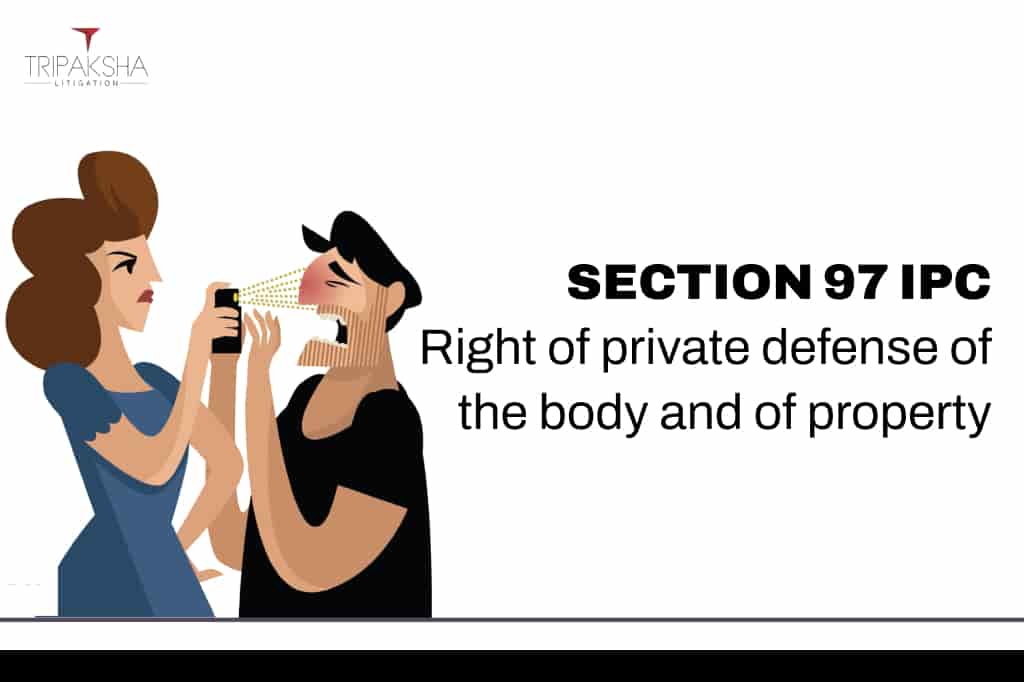Section 97 of Indian penal code states the offences relating to private defence of any person’s body or his or her own body. And secondly, protection against theft, robbery, mischief, criminal trespass, or attempted acts of these crimes on oneself or someone else’s movable or immovable property. The right becomes available when a person faces threat or danger from an attacker. The danger should be severe enough that the defender has no choice but to act immediately to protect themselves or their property, even if it means using force. The condition must be so critical that the defender cannot wait for police or other authorities to intervene.
Limits to right of private defence are as follows:
- Has acted in good faith i.e. with due care and attention.
- Has acted in the exercise of his or her legal duty i.e. such act should not be illegal. For example, acting in blatant disregard to jurisdiction will not entitle the public servant to claim the benefit of this section but acting in erroneous exercise of it will.
- The act done has not been caused an apprehension of death or grievous hurt to the defender.
- Where there is enough time for recourse to public authorities.
- The right must be exercised in proportion to harm inflicted or attempted to be inflicted.
CASE LAW:
DARSHAN SINGH VS. STATE OF PUNJAB
- All the countries recognize the right of private defence but of course with reasonable limits.
- The right of private defence is available only when the person is under necessity to tackle the danger and not of self-creation.
- Only a reasonable apprehension is enough to exercise the right of self defence. It is not necessary that the offence is committed to exercise the right of private defence but a mere sign of an offence likely to be committed If right of private defence is not exercised.
- Right of defence arises as soon as reasonable apprehension arises and exists till the apprehension continues.
- The person under assault would not be able to defend himself step by step.
- In private defence, the force used by the accused must be reasonable and necessary for the protection of the person or property.
- There is no need for the accused to prove beyond reasonable doubt that the right of private defence existed.
- The right of private defence exists only against an offence.
- If a person has reasonable danger of losing his life then only he may exercise the right of self-defence.
You may contact me for consultation or advice by visiting Contact Us and Call us

